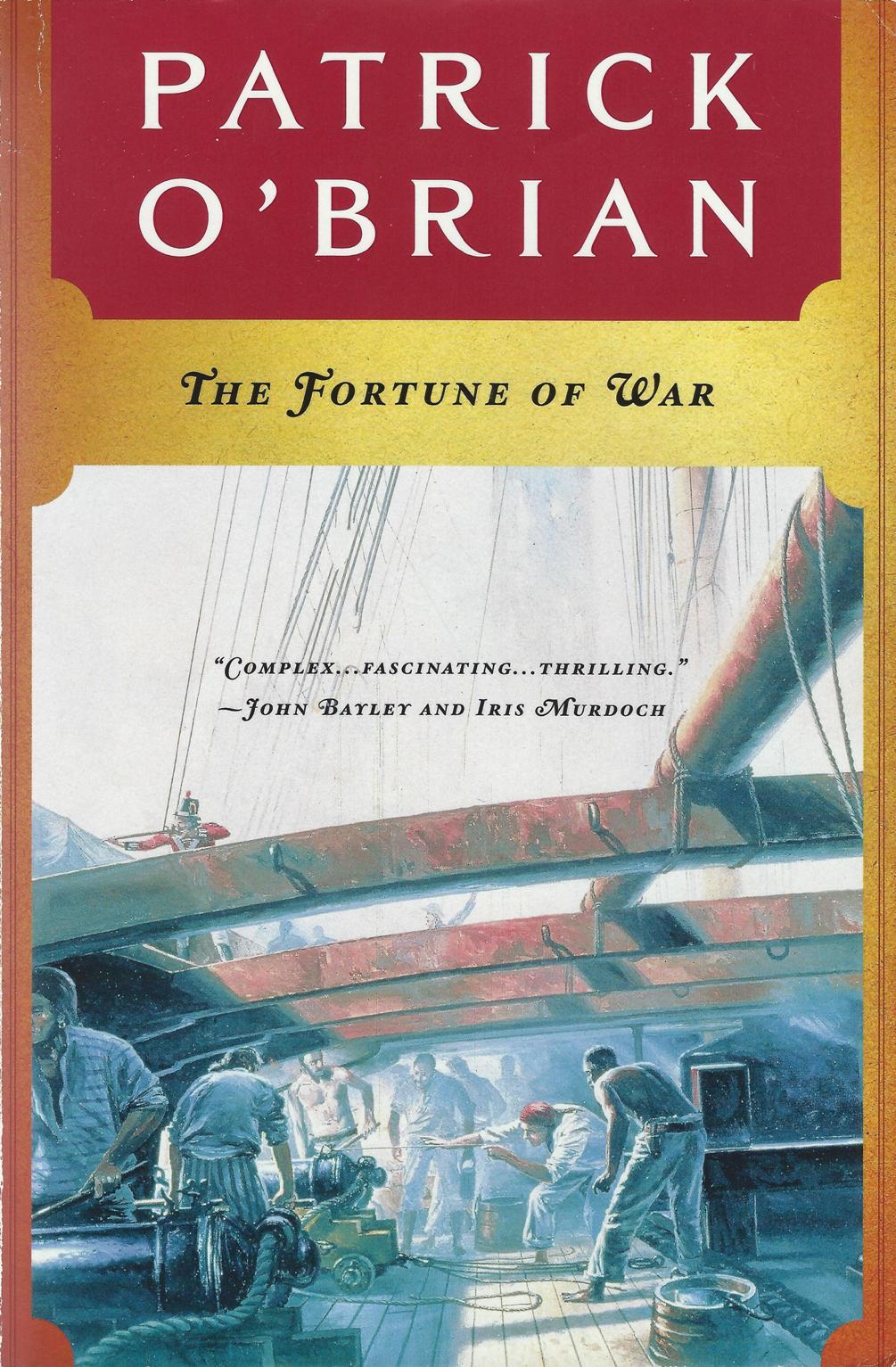What do you think?
Rate this book


355 pages, Paperback
First published January 1, 1979




 https://www.bbc.co.uk/programmes/m000...
https://www.bbc.co.uk/programmes/m000...intelligence services were something else again, little worlds of their own, often inhabited by strange, extreme beings: he knew something of the French and Spanish; he had seen the English in the Dublin of 1798, and the riding-school in Stephen’s Green, where suspects were put to the question. Infamous creatures, most of the questioners; but even honourable, humane men were capable of almost anything for unselfish motives.
[The slave], reaching behind Johnson for an empty cup, dropped it on the floor; Johnson whipped round, and Stephen saw her face turn grey as she stared in naked terror, her arms down by her sides; but Johnson turned back to Stephen with a laugh – ‘Where would the china-makers be, if no cups were ever broke?’ – and went on talking about the ivory-billed and the pileated woodpeckers.
“...after all a monarchy is best.’
‘When you look about the world, and view the monarchs in it – I do not refer to your own, of course – can you really maintain that the hereditary king cuts a very shining figure?’
‘I cannot. Nor is that to the point: the person, unless he be extraordinarily good or extraordinarily bad, is of no importance. It is the living, moving, procreating, sometimes speaking symbol that counts.’
‘But surely mere birth without any necessary merit is illogical?’
‘Certainly, and that is its great merit. Man is a deeply illogical being, and must be ruled illogically. Whatever that frigid prig Bentham may say, there are innumerable motives that have nothing to do with utility. In good utilitarian logic a man does not sell all his goods to go crusading, nor does he build cathedrals; still less does he write verse. There are countless pieties without a name that find their focus in a crown. It is as well, I grant you, that the family should have worn it beyond the memory of man; for your recent creations do not answer – they are nothing in comparison of your priest-king, whose merit is irrelevant, whose place cannot be disputed, nor made the subject of a recurring vote.”